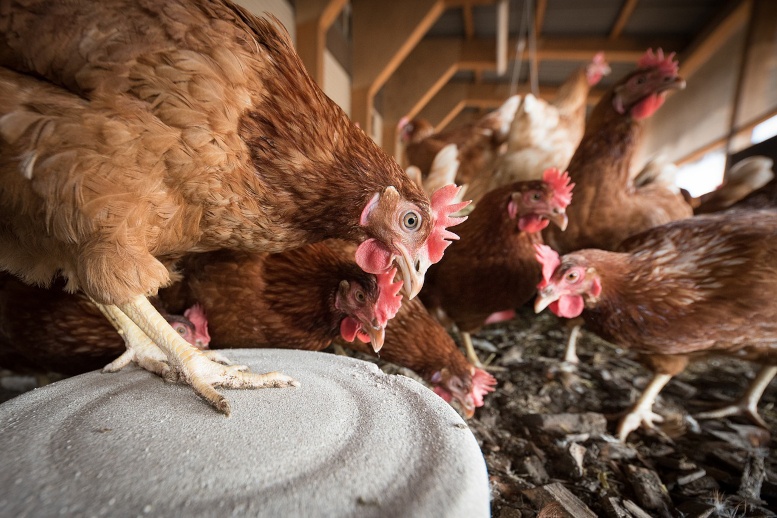The U.S. Hemp Feed Coalition (HFC) is pushing back sharply against an alignment of groups that is encouraging states to stop passing laws that allow hemp in animal feed.
The coalition blasted the groups – which represent animal feed, nutrition and veterinarian interests — for a “Joint Open Letter of Concern” published last month that urges agricultural leaders and state policymakers to work with federal and state agencies and follow formal food safety approval processes for hemp in animal feed products.
Livestock and dairy associations, and consumer advocacy groups signed on to the warning letter, which was issued by the Association of American Feed Control Officials (AAFCO).
Setting back progress
In its response, HFC said the warning “paints the industry with an overly broad brush, conflates hemp grain with cannabinoids, and sets back years of progress the industry has made in educating the traditional agricultural world and policymakers about the highly nutritious value (hemp) grain brings to animal feed and the farm.”
HFC has led efforts to clear hemp seed meal for laying hens. Such byproduct is left over after the pressing of seed for hemp oil. The coalition submitted an application seeking approval of the material to the Food & Drug Administration Center for Veterinary Medicine (FDA-CVM ) two years ago based on research which demonstrated that the eggs of laying hens analyzed showed multiple nutritional benefits, were safe, and contained no THC or other cannabinoids.
FDA-CVM sent the application back to HFC requesting laboratory analysis be rerun under a reduced benchmark for cannabinoid detection despite “0” levels found in that study.
Wasting money & time
“This request for lower levels of detection of compounds that are physiologically NOT produced in the ingredient is why HFC and the industry at large continue to be frustrated with bureaucratic hurdles strangling the potential of the hemp industry,” the coalition said in its response to the AAFCO warning.
HFC nonetheless gathered the requested data, which is currently under FDA-CVM review for a second time despite considerable extra cost.
“These feed applications cost roughly $250,000 each, require years to complete, and are specific to the ingredient and the species,” the coalition noted.
AAFCO: More research needed
AAFCO and the industry groups used the warning to call for more research, and reminded stakeholders that jurisdiction of hemp in animal feed remains under the FDA and state regulators, suggesting lawmakers resist pressure by proponents to legalize it independently.
The AAFCO-aligned groups said state leaders and consumers may not be fully aware of the review process for new animal feed ingredients, suggesting specific concerns that remain to be addressed include animal health and safety; safety of food from production animals entering the human food chain; and adverse impacts to farmers, ranchers, and the animal feed industry itself.
Absent federal approval, animal feed containing hemp that crosses state or national borders could be considered adulterated and impede access to local, national and global markets, the groups said.
Hampering the sector
Instead of approving laws allowing hemp in animal feed at the state level, the groups urged leaders to support research through universities and private labs to ensure the safety and utility of hemp is fully understood before it is allowed for commercial purposes.
HFC said it prioritizes animal health and safety and has sought to share research, data, and expertise, having requested a seat on AAFCO’s Hemp Committee. AAFCO denied that request ahead of issuing its warning letter last month, HFC said.
The feed coalition said AAFCO meanwhile is slowing down the approval process and stunting the nascent hemp feed sector: “At the current rate of approval, it will be millions of dollars and decades before the government allows the hemp industry even an opportunity to compete in the greater feed market,” the feed coalition said.
Signatories to the AAFCO warning letter were:
Association of Food and Drug Officials; Association of Public Health Laboratories; Academy of Veterinary Consultants; American Academy of Veterinary Nutrition; American Association of Bovine Practitioners; American Dairy Science Association; American Feed Industry Association; American Horse Council; American Veterinary Medical Association; FASS; National Animal Supplement Council; National Cattlemen’s Beef Association; National Grain and Feed Association; National Pork Producers Council; Nutrition Specialty of the American College of Veterinary Internal Medicine; and the Pet Food Institute

